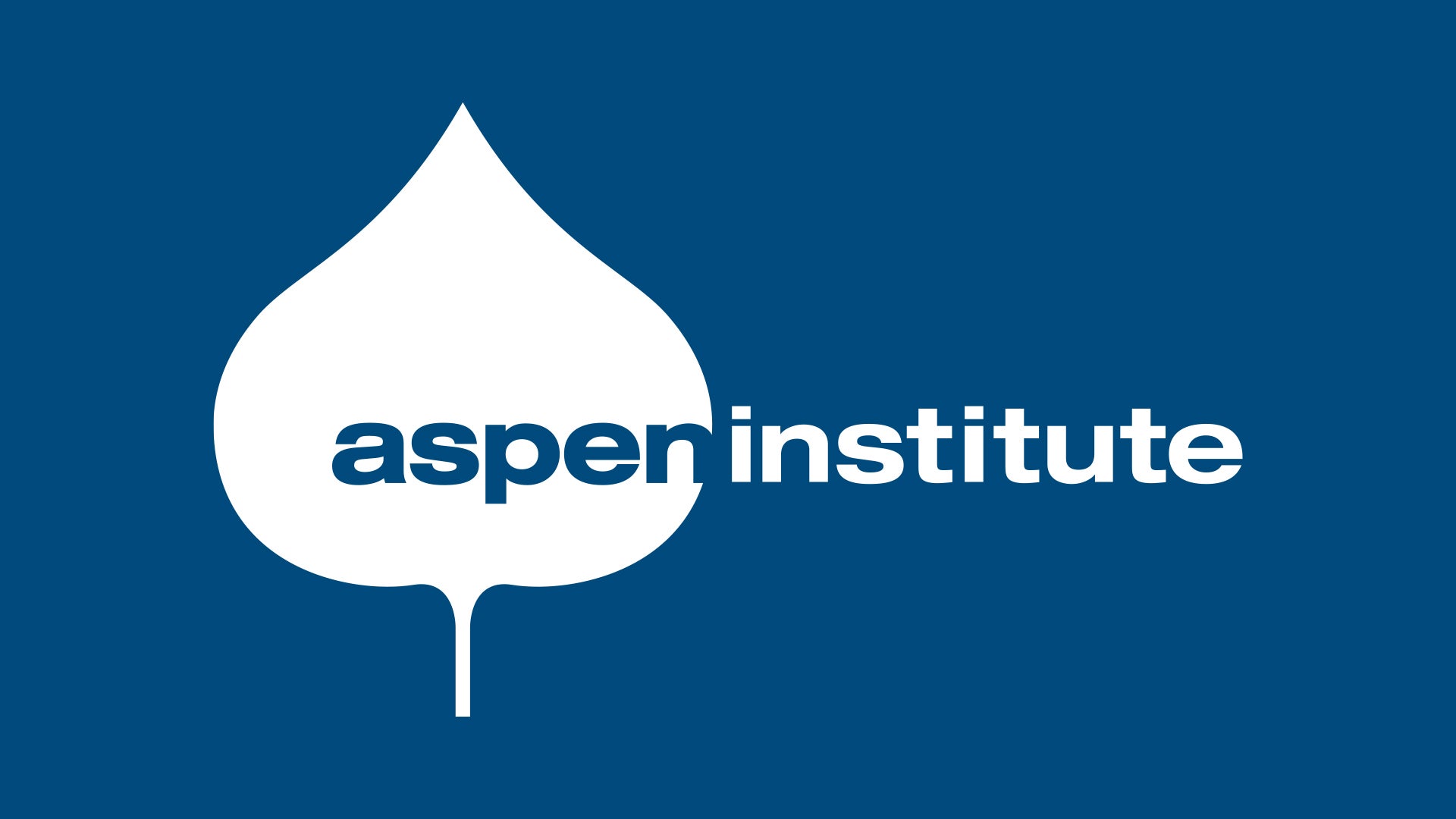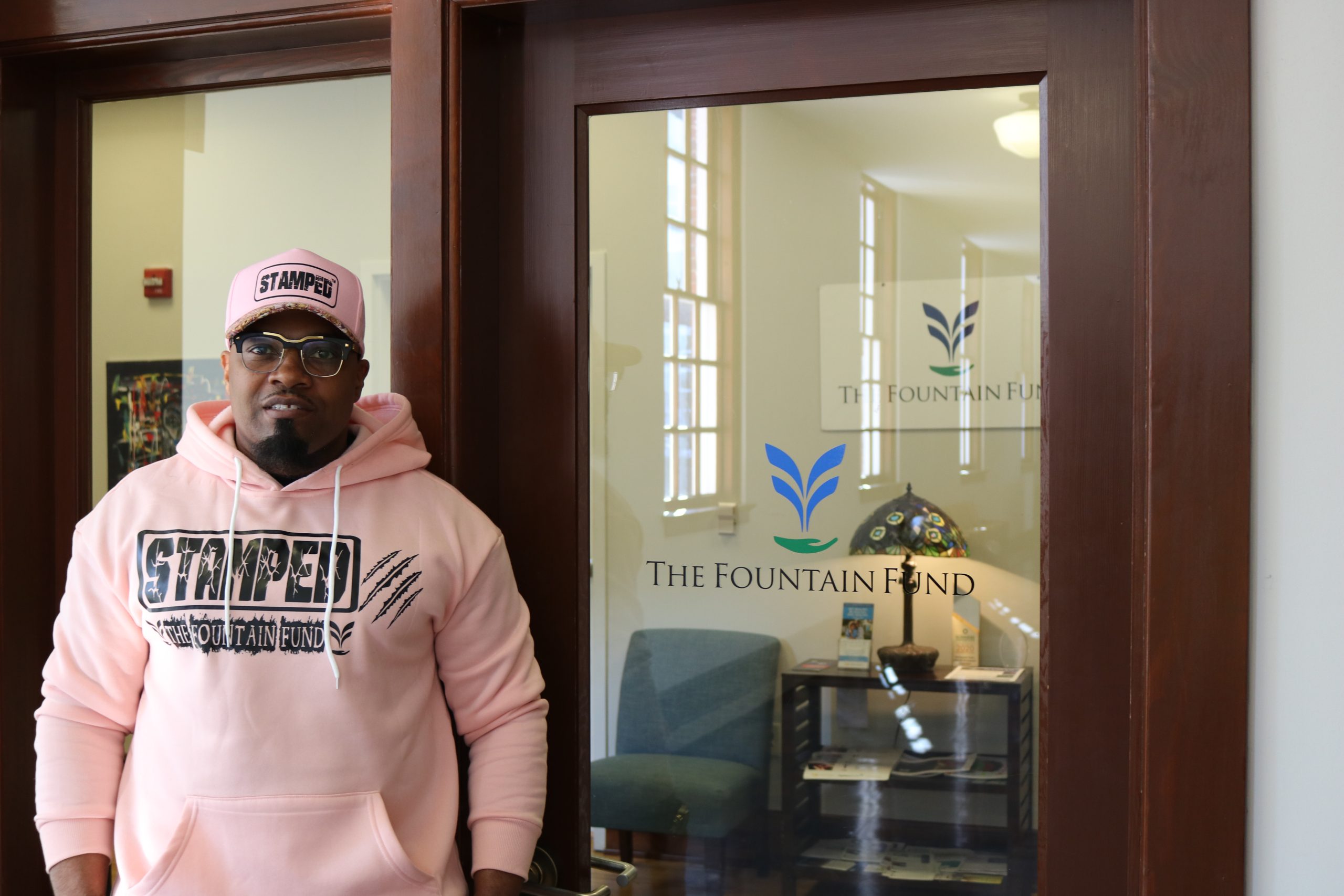Investing in Inclusively Owned Commercial Real Estate – The Aspen Institute


Asset ownership is a key milestone on the path to long-term financial well-being, yet many American households have been locked out of traditional ownership opportunities such as real estate. As a result, the lower half of the wealth distribution owns just 3 percent of the nation’s total wealth. To flip this script, we need innovative ownership models that can provide all Americans with an on-ramp to wealth building. One emerging strategy in this space is inclusively owned commercial real estate (CRE), which opens commercial asset ownership to low- to middle-income investors.
Investing in Inclusively Owned Commercial Real Estate examines the potential of inclusively owned CRE to propel equitable economic development and community wealth-building. Informed by the insights of investors and Aspen FSP’s Wealth Innovation cohort, it highlights lessons from several pilot programs across the country. In each case, shared ownership of commercial properties has offered a win-win-win scenario for real estate developers, local residents, and large investors.
Building off of Aspen FSP’s The New Wealth Agenda framework, our analysis positions inclusive CRE as another tool in the wealth innovation toolbelt. This primer is designed to help stakeholders, particularly investors, understand how these projects democratize ownership, and deliver long-term wealth creation to individuals and communities.
At Aspen FSP, our Wealth Innovation portfolio identifies and explores wealth-building opportunities spanning employer-provided emergency savings programs, retirement savings, early wealth building accounts, and real estate investment. Advancing the vision put forth in The New Wealth Agenda, our goal is to increase by tenfold the wealth of households of color and those in the bottom half of the wealth distribution in the United States by 2050.
The resources below underline the breadth of solutions that, if scaled, have the potential to move beyond merely managing household financial scarcity to creating the conditions of security and well-being that will enable full participation, agency, and dignity in our economy and democracy.
From Rent to Riches? A Profile on the Wealth and Financial Well-Being of Renter Households?
This report examines the current financial picture of renter households in the United States and highlights the challenges and opportunities for renters to build wealth outside homeownership.
Who Benefited the Most from Pandemic-Era Gains?
This progress report examines The New Wealth Agenda in light of pandemic-era policies.
8 Priorities (and 4 Big Questions) for Making America’s Retirement Savings System Work for Everybody
Reporting out on the Aspen Leadership Forum on Retirement Savings, this publication identifies challenges and solutions to building retirement wealth.
Same Income, Same 401(k), Different Account Balance: The Critical Role of Retirement Plan Design in Addressing Racial and Gender Retirement Savings Gaps
This first report from the Collaborative for Equitable Retirement Savings highlights opportunities to address race and gender disparities in 401(k) plans.
Democratizing and De-Risking Real Estate
In this webinar, forward-thinking leaders discuss pathways to widespread, equitable real estate ownership.
The New Wealth Agenda: A Blueprint for Building a Future of Inclusive Wealth
This report offers a goal that is equal parts ambitious and achievable: By 2050, we must increase by ten-fold the wealth of households of color and those in the bottom half of the wealth distribution in the United States.
The Future of Building Wealth: Brief Essays on the Best Ideas to Build Wealth—for Everyone
The Federal Reserve Bank of St. Louis and Aspen Institute Financial Security Program assembled these diverse essays from experts committed to advancing proven and promising ideas to address racial, generational, gender, and education wealth gaps in the U.S.
The Case for Early Wealth Building Accounts
This report highlights the power of net worth at birth for every child in the United States.
101 Solutions to Inclusive Wealth Building
This report examines what it will take to create truly shared prosperity in the United States.
Foundations of a New Wealth Agenda: A Research Primer on Wealth Building for All
In this foundational publication, we examine the state of household wealth building in the U.S. today through the lived experience of families with low or moderate incomes.

A “credit limit” is a financial term that everyone recognizes but few people fully understand. You see a number on your credit...

How One Man’s Journey From Prison to Purpose Is Rewriting the Rules of Re-Entry Sign up for our free newsletter....

Splash Financial See disclaimers at: https://www.splashfinancial.com/disclaimers/ Splash Financial, Inc. (NMLS #1630038), licensed by the DFPI under California Financing Law, license #...